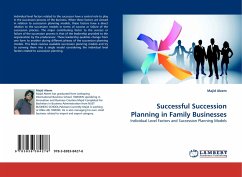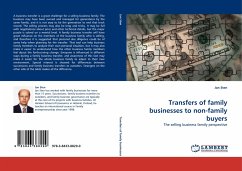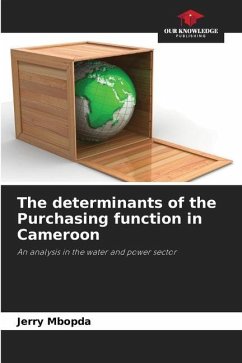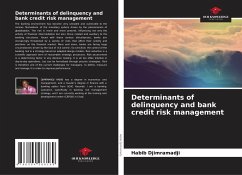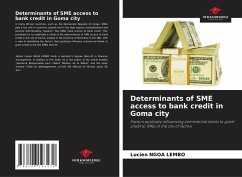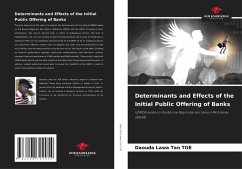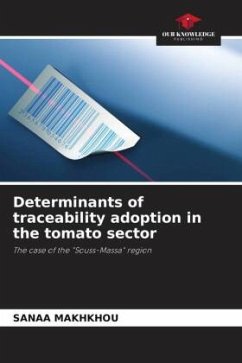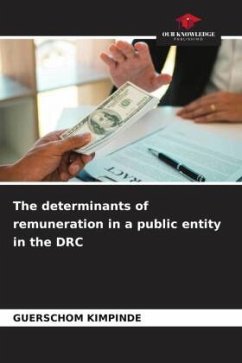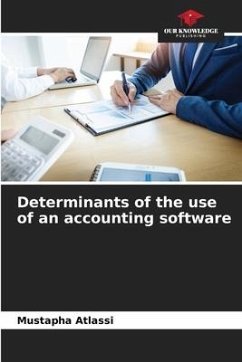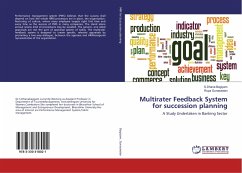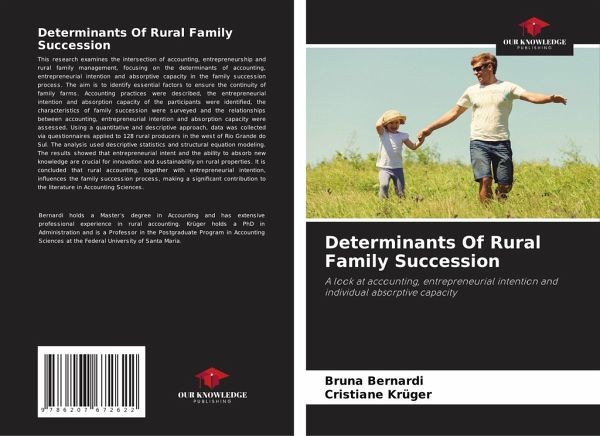
Determinants Of Rural Family Succession
A look at accounting, entrepreneurial intention and individual absorptive capacity
Versandkostenfrei!
Versandfertig in 6-10 Tagen
40,99 €
inkl. MwSt.

PAYBACK Punkte
20 °P sammeln!
This research examines the intersection of accounting, entrepreneurship and rural family management, focusing on the determinants of accounting, entrepreneurial intention and absorptive capacity in the family succession process. The aim is to identify essential factors to ensure the continuity of family farms. Accounting practices were described, the entrepreneurial intention and absorption capacity of the participants were identified, the characteristics of family succession were surveyed and the relationships between accounting, entrepreneurial intention and absorption capacity were assessed...
This research examines the intersection of accounting, entrepreneurship and rural family management, focusing on the determinants of accounting, entrepreneurial intention and absorptive capacity in the family succession process. The aim is to identify essential factors to ensure the continuity of family farms. Accounting practices were described, the entrepreneurial intention and absorption capacity of the participants were identified, the characteristics of family succession were surveyed and the relationships between accounting, entrepreneurial intention and absorption capacity were assessed. Using a quantitative and descriptive approach, data was collected via questionnaires applied to 128 rural producers in the west of Rio Grande do Sul. The analysis used descriptive statistics and structural equation modeling. The results showed that entrepreneurial intent and the ability to absorb new knowledge are crucial for innovation and sustainability on rural properties. It is concluded that rural accounting, together with entrepreneurial intention, influences the family succession process, making a significant contribution to the literature in Accounting Sciences.





